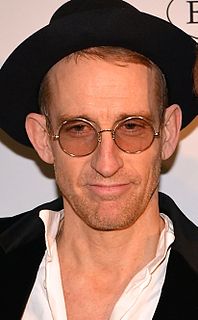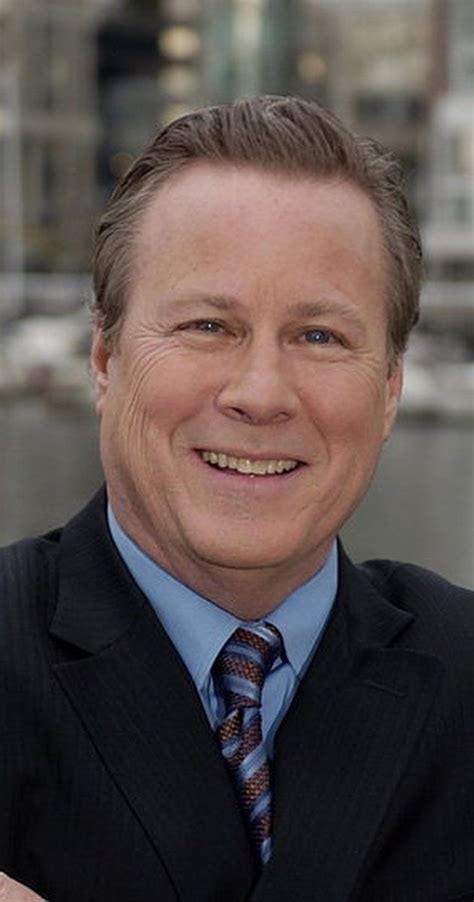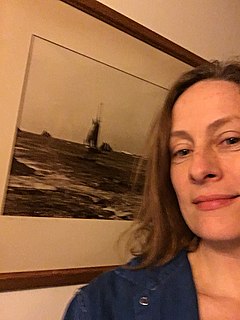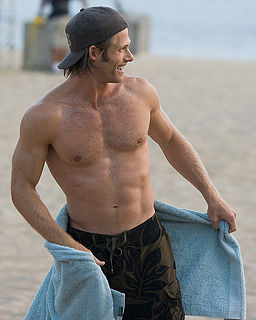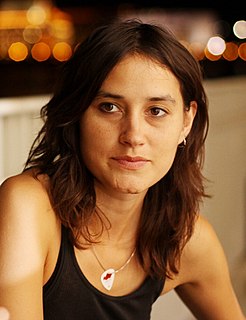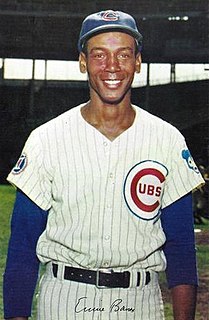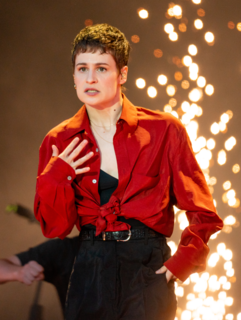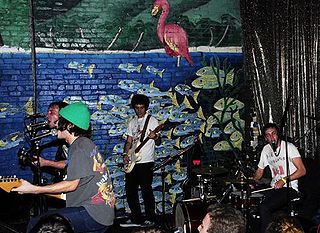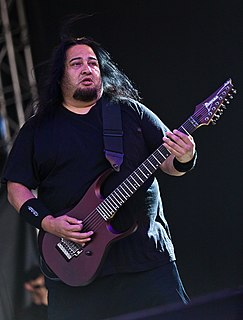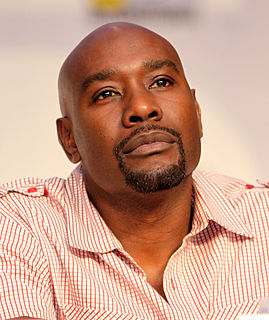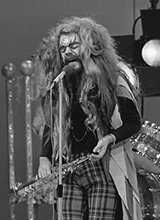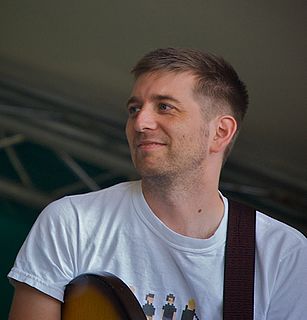A Quote by Alex Lifeson
Pete Townsend for me was a huge influence. Because essentially they were a three-piece band and the way he structured his chords and took up a lot of space musically in the songs was really important to the way Rush developed. Geddy and Neil both were such active players and lot of the time we were all playing like crazy and it was too much and somebody had to reel it in and me being the faceless guy, I would do that.
Related Quotes
I was a huge fan of this band called Sparks. It was a pretty good inauguration to music since their music is quite complex. They were a little glammy, and me - being a kid and not really understanding the complexity of grown-up lyrics - I took the best out of it. But at the same time, it was mysterious enough and too far away from me for me to really be able to reach it. But they were my first love affair in the world of music. I loved that band.
There were a lot of things in it that were important at the time to me. Cutter's Way movie was very relevant. And I wanted Cutter to succeed as a vet, as a guy coming back from 'Nam, because there were so many guys like that. And there were so many other movies at the time, like Apocalypse Now, Coming Home, and The Deer Hunter, that it was really important that the movie be believable, that I come across a pissed-off vet who'd been there and comes home angry.
I was just thinking of Rush. I went to see Rush a few years ago, because my record label guy in the States really wanted to go. We had crazy good seats. It was fascinating watching the crowd - mostly men - who were so moved by these really esoteric lyrics. I don't know Neil Peart's lyrics super well, but they're not that straightforward to me.
My film isn't about Vietnam. It is Vietnam. It's what it was really like. It was crazy. And the way we made it was very much like the way the Americans were in Vietnam. We were in the jungle, there were too many of us, we had access to too much money, too much equipment and little by little we went insane.
I grew up playing the saxophone. I joined the jazz band in high school, but somewhere along the way I realized the guys who strummed acoustic guitars at parties were the ones who got the attention. So I asked a friend to show me a few chords, and when I moved to L.A. I spent a lot of time practicing my guitar.
Back then I was still listening to rhythm and blues, and my aunt took me to see a Pete Seeger concert. And it gelled. He made all the sense in the world to me. I got addicted to his albums, and then Belafonte and Odetta - they were the people who seemed to fuse things that were important to me into music. I think Pete the most because he did what he did to the point where he took those enormous risks and then paid for them.
We haven't started playing it live yet but we're going to. And then 'Warpaint' is a song that's really, really close to me because it's actually - we've had that song for many years now and it's changed so many times, it's been through every reincarnation of our band with every drummer, with sometimes with me playing drums, it was when we were a three-piece, every incarnation of the band that we've had we have played that song.
My siblings and I were raised like tenants, to be honest. There was a total absence of intimacy in my family, though there was still a great deal of camaraderie among the kids. Things were set up almost like a business, and it had to be managed that way because we were really poor, and there were a lot of mouths to feed.
We've always done things the way we wanted to. It's true that our experience affects some of our decision making, but that's a part of growing up and evolving as a band and as people. The first five or six years were really rough. We had no money. We were lost and crazy and made mistakes, but we learned a lot and suffered through tough times, and I think what we did reflected where we were and who we are.
I remember when we were in rehearsals and we were going through it because we rehearsed before we went to Toronto, and it's more of the same. She and I had to deal with a lot of stuff in this movie and we really have to take ourselves there. It actually started in rehearsals, and just revisiting that piece of it all. Just the way Monica is and what she says and the way she looks at me, it really affects me throughout rehearsals and throughout the scenes.
I let some people down, like Triple H, who had a lot of faith in me and took me under his wing. Ric Flair would never say it, but he loved me like I was his kid, and he was like a dad to me on the road. I'm sure I let him down somewhere along the way. These guys really invested a lot of time, faith, and energy in me.
I would only listen to certain things, like a lot of teenagers do. But the Tragically Hip is a ribbon that's been with me pretty much my entire musical life. Every mix tape I ever made had at least one Hip song on it. Right from the outset I feel like Gord Downie built so much room into his songs. There was so much space in them that he created. He made me think of songwriting as full of boundless possibilities in a way that - well, that a lot of songwriters do, but that was the first time I thought a song could really contain multitudes.

